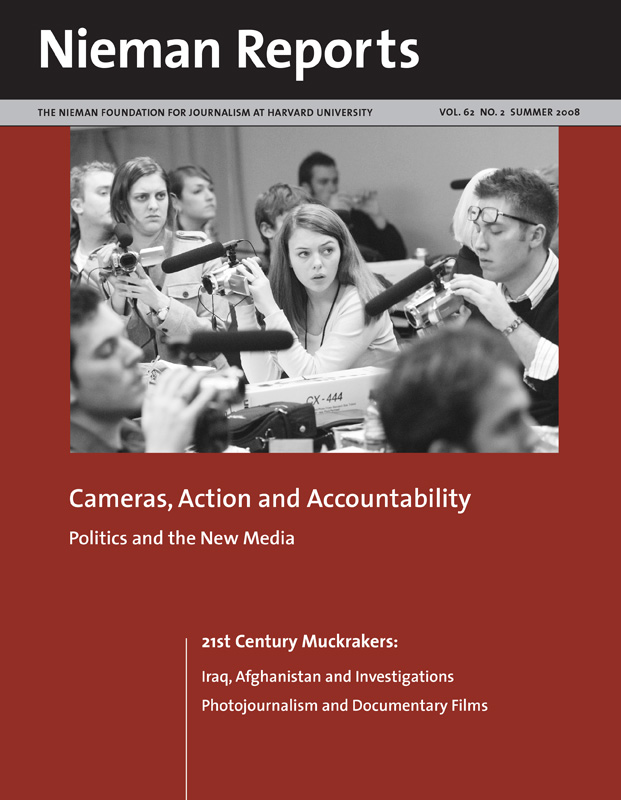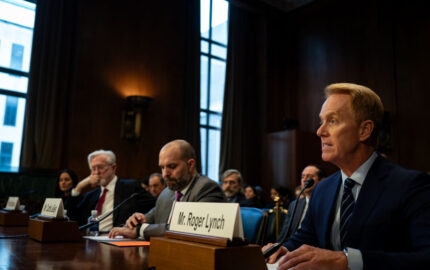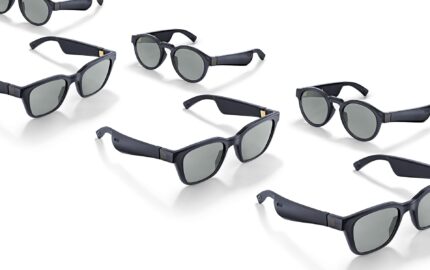A British journalist, Donnacha DeLong, took aim at the notion of an egalitarian Web in an article published in a trade union magazine. She ridiculed the notion that a blogger with no particular credentials should be accorded the same credibility as a professional journalist's reporting and commentary. "It's like saying anyone can play for Manchester United," DeLong wrote, referring to England's powerhouse soccer franchise. "In one of the main examples given to explain Web 2.0, Wikipedia replaces Britannica Online. Is that the kind of democracy we want — where anyone can determine the information that the public can access, regardless of their level of knowledge, expertise or agenda?"
DeLong's reference to Wikipedia bears exploring. Wikipedia is the wildly popular Internet encyclopedia that proudly operates on the idea that there is more wisdom to be found in its crowds of anonymous readers than in the brains of editors and academics. More than 700 new entries are made daily to Wikipedia, with few restrictions as to who can create them. Every entry is subject to review by every other reader, however, and if one or more of those readers spots a factual error — or at least perceives an error — that reader can jump in and change or challenge it.
As Wikipedia's cofounder Jimmy Wales envisioned it, an entry could start with a simple skeleton of information — for example, the name of a notable person with birth date, hometown, education and profession. Then as others came to the page with even more information about that person, they could add other pieces until a fully fleshed out person emerged. In short, the crowd can contribute more than any single individual.
The concept is certainly brilliant — except for this weakness: The accuracy of any entry depends on the quality of the information that those crowd members bring. In other words, it assumes a crowd of "reasonable people" who will create and edit the entries. Sadly, that isn't always the case.
Wikipedia's emergence as a credible source of information was badly damaged shortly after its launch when someone hiding behind an opaque username rewrote the entry about John Seigenthaler, Sr., a prominent journalist at USA Today, The (Nashville) Tennessean, and a former aide to the late Attorney General Robert F. Kennedy. The bogus entry stated that Seigenthaler may have played a role in the assassinations of President John F. Kennedy in 1963 and Robert Kennedy in 1968. It also said that Seigenthaler had lived in the Soviet Union for 13 years until 1984 and upon his return started one of the nation's largest public relations companies.
None of this was true. Yet it remained posted on Wikipedia for four months and was picked up and reproduced without change on two other Web sites. Finally Seigenthaler's son, a reporter for a network news organization, found it and warned his father, who had the false information removed and a correction posted in its place. Although Seigenthaler spent weeks trying to unmask the online vandal's identity, he learned that the identity was protected by federal privacy laws. He learned also that Wikipedia and similar sites have been insulated by law against libel suits arising out of information they carry.
The distinguished journalist recounted his experience with Wikipedia in a column for USA Today, where he concluded with a story: "When I was a child, my mother lectured me on the evils of 'gossip.' She held a feather pillow and said, 'If I tear this open, the feathers will fly to the four winds, and I could never get them back in the pillow. That's how it is when you spread mean things about people.'
"For me," Seigenthaler continued, "that pillow is a metaphor for Wikipedia."
RELATED ARTICLE
“Enclave Extremism and Journalism's Brave New World”
– Cass R. Sunstein Getting things wrong — and escaping responsibility for it — is just one of the problems of this democratized Internet. Author Cass R. Sunstein, in his book "Infotopia," also faults the Internet for making it too easy for people to seek out and support those Web sites and bloggers who already share their views. Liberals gather with liberals and conservatives gather with conservatives in "echo chambers" and "information cocoons" where objective information is the first casualty, he said.
DeLong's reference to Wikipedia bears exploring. Wikipedia is the wildly popular Internet encyclopedia that proudly operates on the idea that there is more wisdom to be found in its crowds of anonymous readers than in the brains of editors and academics. More than 700 new entries are made daily to Wikipedia, with few restrictions as to who can create them. Every entry is subject to review by every other reader, however, and if one or more of those readers spots a factual error — or at least perceives an error — that reader can jump in and change or challenge it.
As Wikipedia's cofounder Jimmy Wales envisioned it, an entry could start with a simple skeleton of information — for example, the name of a notable person with birth date, hometown, education and profession. Then as others came to the page with even more information about that person, they could add other pieces until a fully fleshed out person emerged. In short, the crowd can contribute more than any single individual.
The concept is certainly brilliant — except for this weakness: The accuracy of any entry depends on the quality of the information that those crowd members bring. In other words, it assumes a crowd of "reasonable people" who will create and edit the entries. Sadly, that isn't always the case.
Wikipedia's emergence as a credible source of information was badly damaged shortly after its launch when someone hiding behind an opaque username rewrote the entry about John Seigenthaler, Sr., a prominent journalist at USA Today, The (Nashville) Tennessean, and a former aide to the late Attorney General Robert F. Kennedy. The bogus entry stated that Seigenthaler may have played a role in the assassinations of President John F. Kennedy in 1963 and Robert Kennedy in 1968. It also said that Seigenthaler had lived in the Soviet Union for 13 years until 1984 and upon his return started one of the nation's largest public relations companies.
None of this was true. Yet it remained posted on Wikipedia for four months and was picked up and reproduced without change on two other Web sites. Finally Seigenthaler's son, a reporter for a network news organization, found it and warned his father, who had the false information removed and a correction posted in its place. Although Seigenthaler spent weeks trying to unmask the online vandal's identity, he learned that the identity was protected by federal privacy laws. He learned also that Wikipedia and similar sites have been insulated by law against libel suits arising out of information they carry.
The distinguished journalist recounted his experience with Wikipedia in a column for USA Today, where he concluded with a story: "When I was a child, my mother lectured me on the evils of 'gossip.' She held a feather pillow and said, 'If I tear this open, the feathers will fly to the four winds, and I could never get them back in the pillow. That's how it is when you spread mean things about people.'
"For me," Seigenthaler continued, "that pillow is a metaphor for Wikipedia."
RELATED ARTICLE
“Enclave Extremism and Journalism's Brave New World”
– Cass R. Sunstein Getting things wrong — and escaping responsibility for it — is just one of the problems of this democratized Internet. Author Cass R. Sunstein, in his book "Infotopia," also faults the Internet for making it too easy for people to seek out and support those Web sites and bloggers who already share their views. Liberals gather with liberals and conservatives gather with conservatives in "echo chambers" and "information cocoons" where objective information is the first casualty, he said.



